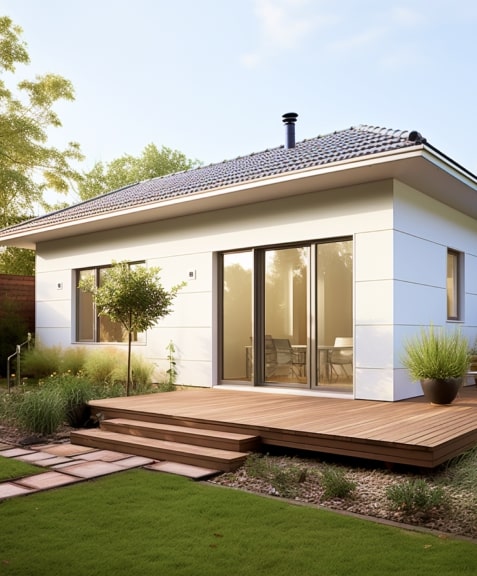
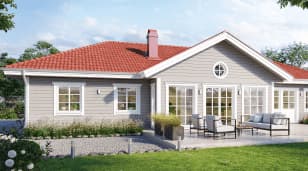


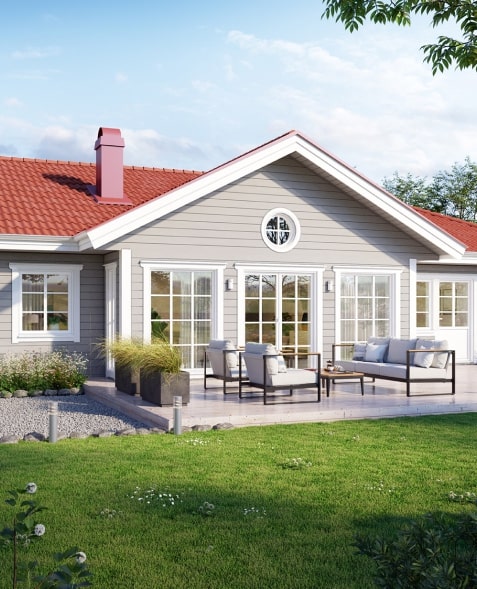

A link to download your FREE brochure will be in your inbox in 3 minutes
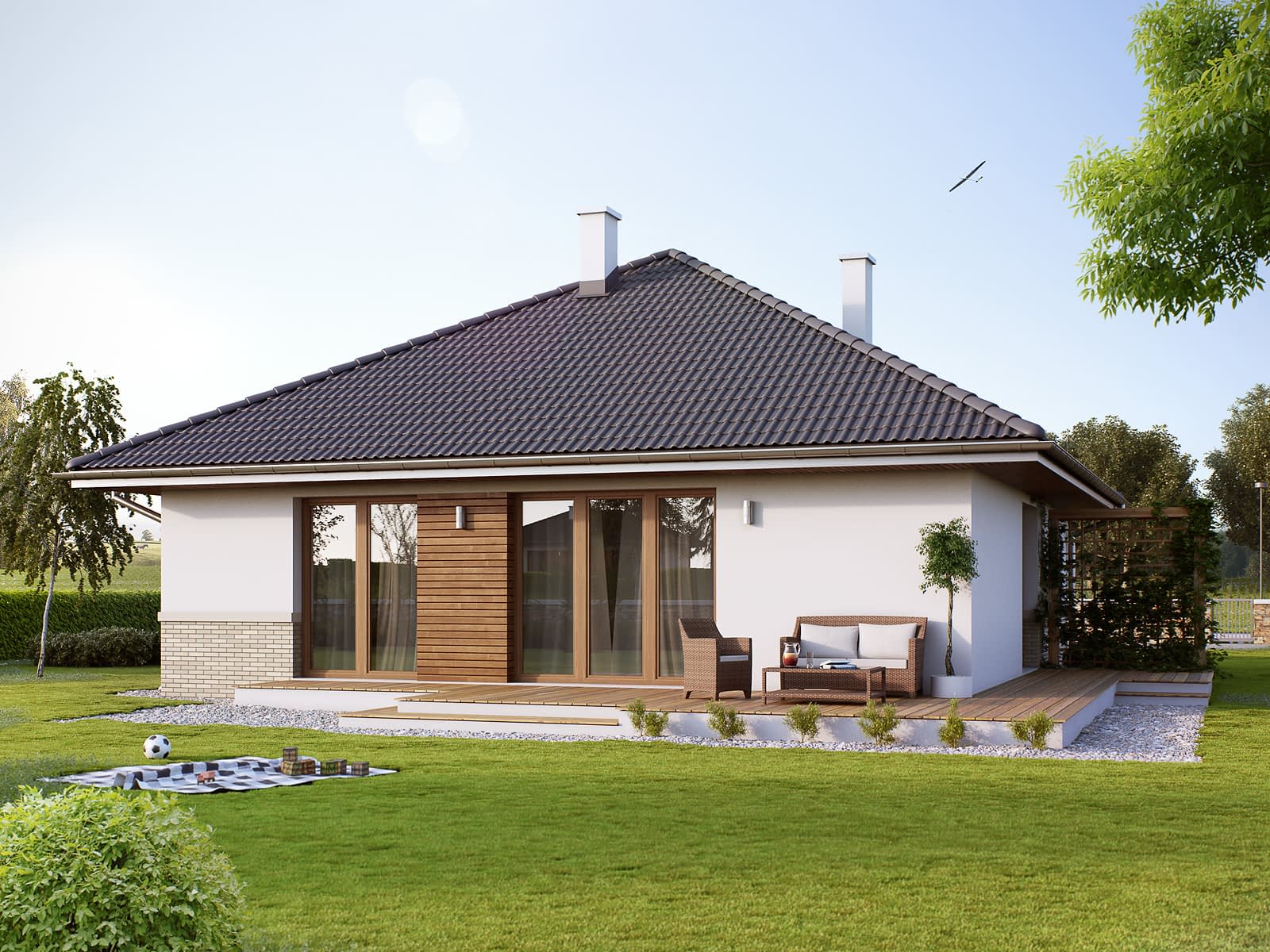





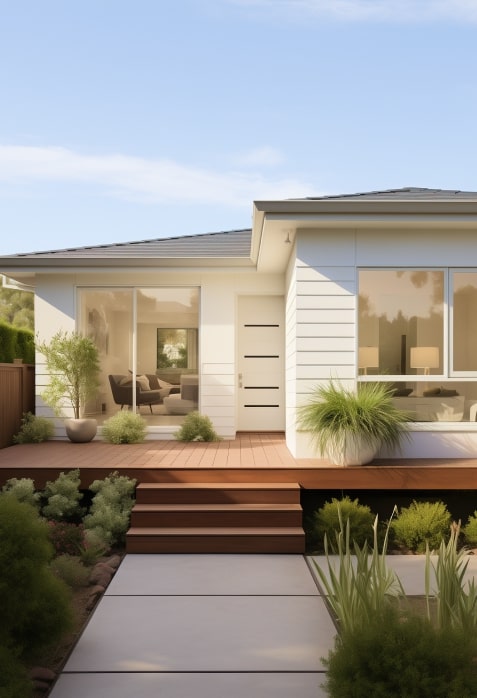
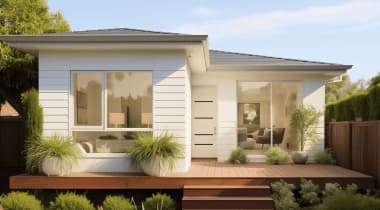











The final price may vary based on project specifics.
To get a free accurate quote tailored to your needs, book a consultation with us today!

The price per square foot provided is an average and may vary depending on project-specific details such as materials, location, complexity, and other factors. Actual costs may differ from the average provided.
It is recommended to obtain a detailed quote based on the specific requirements of your project.

Please note that the monthly payment displayed on this page is an estimate and is subject to variation based on the selected loan product, applicants credit score, loan amount, and other financial details. Actual monthly payment may differ from the estimate provided.
It is recommended to seek advice from a financial advisor or loan officer to obtain precise payment information tailored to individual circumstances.
 Your Trusted
Local Contractor
Your Trusted
Local Contractor
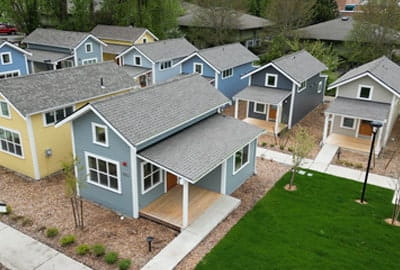
Tiny homes have been making waves in the real estate and lifestyle sectors, especially in the Golden State of California. But just where are these charming abodes legal? Let’s delve deep into the legalities that surround them.
Embark on a journey across the vast landscapes of the USA, where tiny houses, sometimes referred to as accessory dwelling units, find acceptance amidst complex housing rules and building laws.
You'll learn in which states tiny houses are legal, and which ones still don't allow tiny houses:
But there are also states that are not legalizing tiny homes yet. Technically, it's not illegal to build a tiny house there, but there are very strict laws about it. They include: New York, Wisconsin, Alaska, West Virginia, and North Dakota.
For instance, the minimum size of living space in North Dakota is 965 square feet. But who knows, maybe in the near future they'll legalize tiny homes too?
As skyscrapers dominate the skyline, can small houses, often compared to a recreational vehicle in size, carve out their niche in these urban labyrinths?
While the U.S. is quite progressive, how do other countries fare?
Beyond the US borders, how does the world perceive tiny house living?
Decoding zoning law details can be daunting, but fear not! Here's a primer:
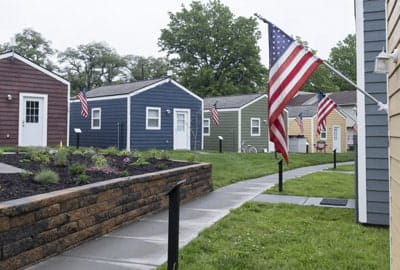
Tiny homes might be diminutive, but the legal intricacies are vast. Consider these aspects before venturing into tiny home living:
In summation, as the tiny home movement expands globally, grasping the legal nuances becomes crucial. A blend of thorough research and an understanding of zoning laws and regulations can turn your compact housing dream into a grand reality.
Local zoning law systems dictate the parameters within which you can set up your tiny house – for instance, minimum square footage. These building laws and regulations determine whether a tiny house on wheels or a stationary tiny home can be placed. In most cities, the legality hinges on whether the dwelling units are classified as accessory dwelling units or as recreational vehicles. Therefore, understanding your city ordinances and building codes is crucial.
Yes, generally, it is. Rural areas often have more lenient zoning and building laws when it comes to housing and land usage. There's often more freedom for small homeowners, especially if they're keen on tiny house living away from the hustle and bustle. However, even in these settings, it's essential to be mindful of local law nuances that might impact your tiny house placement.
Not necessarily. Each country's approach to tiny house regulations varies. While there's a global trend towards embracing the tiny house movement, the specifics of building codes and zoning regulations differ. For instance, in some places, making tiny homes as secondary living units is easier, while others might have stricter regulations.
Some HOAs might be more open to the tiny house movement, especially if the structures conform to the community's aesthetic standards. Tiny houses built on foundations, which resemble detached single family dwellings, might find more acceptance. However, always check with individual HOA regulations before moving your tiny home.
Tiny houses on wheels might fall under the category of recreational vehicles. That's why a wheeled tiny home can need RV insurance. In contrast, a tiny house built as a permanent residence on a foundation could require traditional homeowner’s insurance. For tiny homeowners, understanding these nuances of tiny house laws can be pivotal.
In urban environments, tiny house owners often have the option to connect to city utilities. Meanwhile, in rural areas, tiny homeowners might lean more towards off-the-grid solutions like solar panels, compost toilets, and water tanks. It's essential to consider local regulations when setting up utilities.
Get a First Look at Real ADU Projects